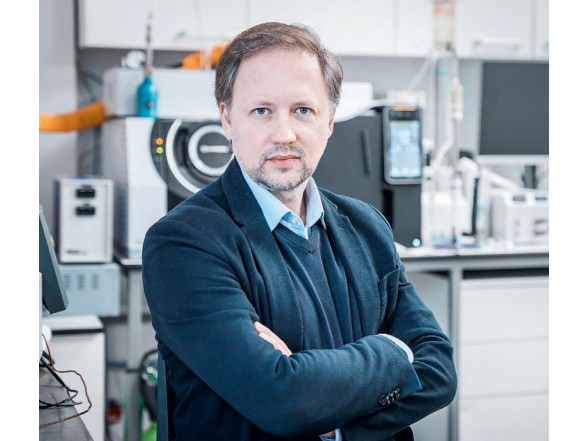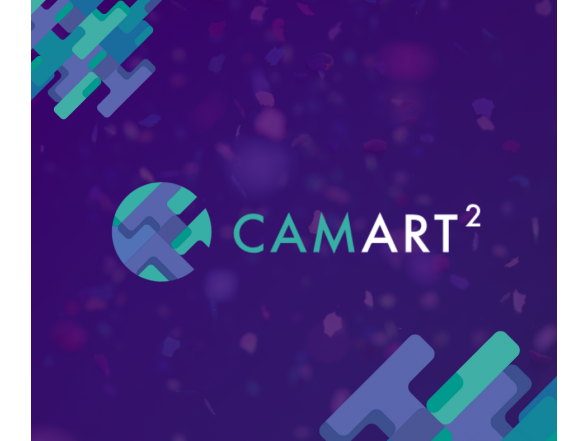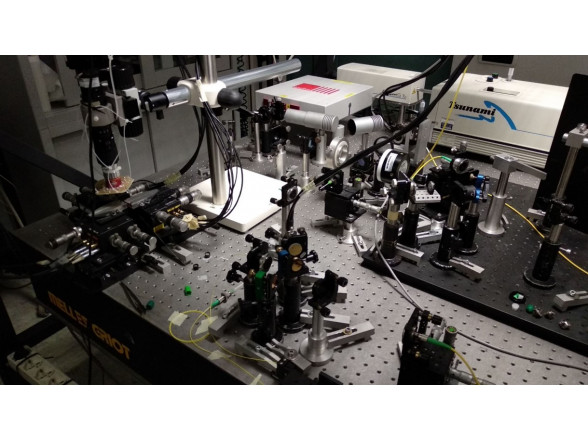Hydrogen as an energy resource aligns with the European Union’s ambitious climate goals, making it a crucial and popular subject. The newest issue of Alma Mater magazine features a conversation with the head of the ISSP UL’s Development Department, Jānis Latvels, about the potential of hydrogen and its diverse applications.
In September 2023, 12 AS "Latvenergo" employees completed a year-long training program on hydrogen technologies offered by ISSP UL in Latvia. Following this, ISSP UL, in collaboration with partners, organized the "Hydrogen X Future Hackathon" in October, where ten teams explored topics related to future energy over three days. The hackathon involved prominent partners such as Riga Freeport Authority, Riga Airport, Green and Smart Technologies Cluster, and the Latvian Investment and Development Agency Technology Business Centre.
The conversation highlights the urgency of addressing energy storage challenges posed by intermittent renewable sources like wind and solar. With a focus on green energy solutions, the interview emphasizes the importance of understanding the different hydrogen production methods, including "blue" and "green" hydrogen.
The ISSP UL representative also explains the collaboration with “Latvenergo,” which has grown from support of the school youth competition “Solar Cup” and now has extended to hydrogen-related initiatives. The interview delves into the varying perspectives and interests of companies like Riga Airport and the Green and Smart Technologies Cluster, each envisioning unique hydrogen applications, such as a "small hydrogen valley" and a business model for green ammonia.
Jānis Latvels underscores the importance of local collaboration and leveraging existing scientific expertise in Latvia. He discusses the potential long-term impact of the hackathon in fostering cooperation between research institutions and companies, citing past success stories.
In conclusion, the conversation reveals that exploring hydrogen opportunities in Latvia is part of a broader, long-term strategy involving scientific research and collaboration with industry partners. The article emphasizes the need for a nuanced approach to harnessing the potential of hydrogen, considering both scientific advancements and economic viability.
Alma Mater is the magazine of the University of Latvia about current affairs in science and research, as well as events in the life of the University.
The full article in Latvian is available on pages 12-13 here.



